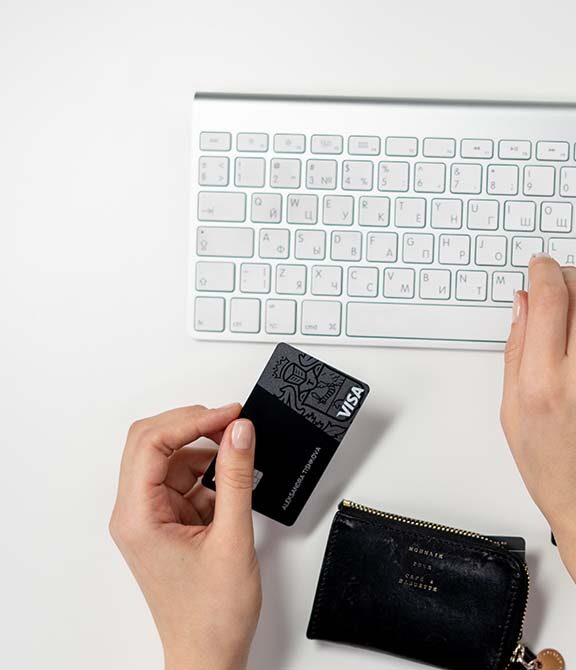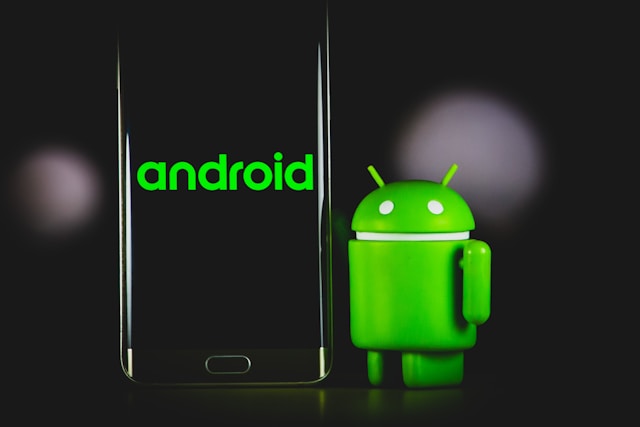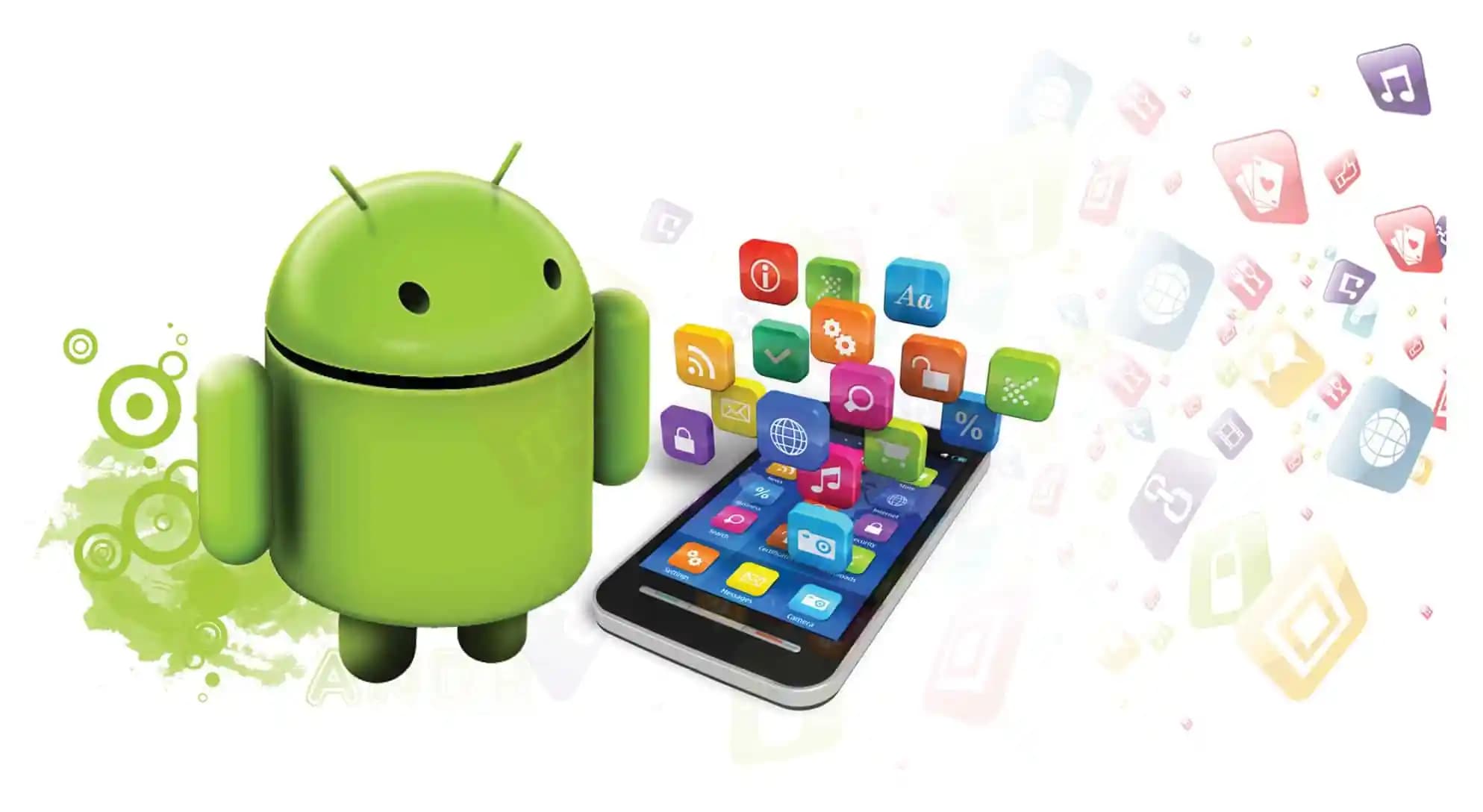Online banking has become a popular way for people around the world to manage their finances and access a range of financial services such as checking balances, transferring money, and paying bills — all from a computer or mobile device in the comfort of their home or office. Despite its convenience, online banking does come with some risks; however, there are several steps you can take to protect yourself from potential fraud or identity theft when using internet banking services. In this article, we will discuss how best to stay safe while conducting financial transactions online and provide some tips to help you protect your accounts and data.
Be Aware of Phishing Attacks
One of the biggest threats when it comes to online banking is phishing attacks, which are designed by hackers to obtain sensitive information such as usernames, passwords, bank account numbers and other personal details by disguising themselves as a legitimate service or company. To avoid being targeted by these scams it is important that you never open emails or click on links from unknown senders, always look out for suspicious websites that may be attempting to steal your information (look out for spelling mistakes or odd domain names) and make sure that the website address begins with “https” before entering any personal information – this indicates a secure connection. Also find out here how to get approved for your credit card quickly and easily with the accept.creditonebank.com approval code. Learn how to get accepted in minutes with this simple and secure process. Learn all you need to know about quick and secure credit card approval today!
Use Strong Passwords & Two-Factor Authentication
Using strong passwords for your online banking accounts is essential to keeping your accounts secure. Your passwords should be at least eight characters long, a mix of upper and lower case letters, numbers and symbols. It is also important to use different passwords for each of your online accounts and make sure you change them regularly. Additionally, you should also enable two-factor authentication (2FA) when available as this provides an extra layer of security by requiring an additional code or step beyond just using a password to access an account.
Avoid Public Wi-Fi & Unsecured Networks
When conducting financial transactions online it is important to avoid using public Wi-Fi or unsecured networks as these can make it easier for hackers to gain access to sensitive information such as usernames, passwords, bank account numbers and other data stored on the device being used. Instead, use a private network with a secure connection that requires authentication before connecting – this will help ensure the connection is more secure when accessing internet banking services.
Download Security Software & Keep It Up To Date
When accessing online banking, it is important to have the latest security software installed on your computer or mobile device. Installing a reputable security software program on your computer or mobile device is also an important step when it comes to protecting your accounts and data from potential fraud or identity theft. The software should include firewall protection, anti-virus, anti-malware, and other security features that will help keep your device safe from malicious attacks. It is also important to make sure the software is kept up to date so that any potential threats can be addressed immediately.
Monitor Your Accounts Regularly
Finally, it is important that you regularly monitor your accounts for any suspicious activity. Look for any unexpected transactions or withdrawals and if you notice anything out of the ordinary be sure to contact your bank immediately. Many online banking services offer the option of receiving notifications when certain actions occur such as transferring money, changing passwords or logging into an account from a new device – these are helpful tools which can help alert you of any suspicious activity that needs to be investigated further. Additionally, make sure you check your account statements regularly so that you can identify any unauthorized charges in a timely manner; this will allow you to take action quickly if needed.
Conclusion
Online banking is a convenient and secure way to manage your finances, but there are certain risks that need to be considered when using these services. By following the tips outlined in this article, you can help ensure that your accounts and data remain safe from potential fraud or identity theft. This includes being aware of phishing attacks, using strong passwords and two-factor authentication, avoiding public wifi or unsecured networks, downloading security software and keeping it up-to-date, and monitoring your accounts regularly for any suspicious activity. By taking these precautions you can help protect your information from malicious threats while still enjoying the convenience of internet banking services.





